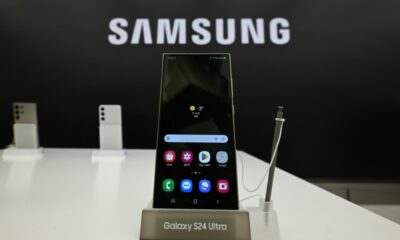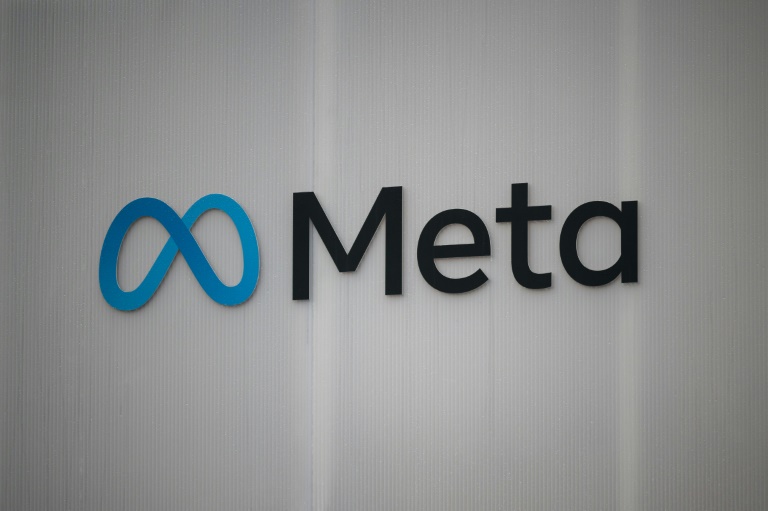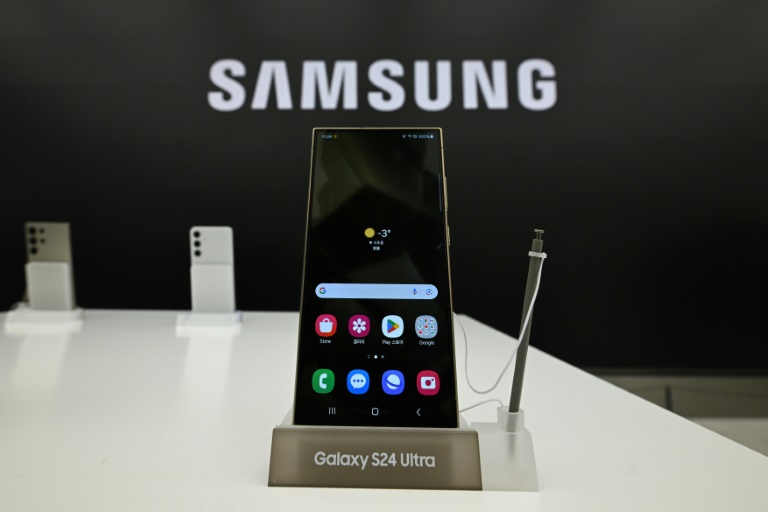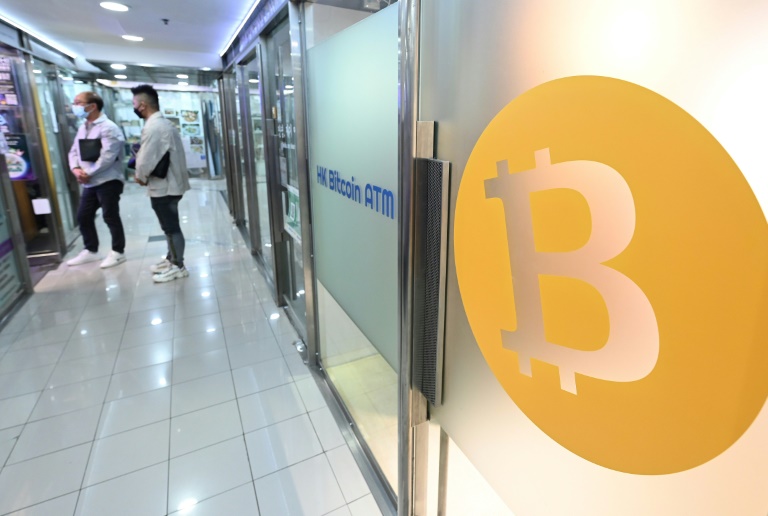Twitter misled users and federal regulators about glaring weaknesses in its ability to protect personal data, the platform’s former security chief claimed in whistleblower testimony likely to impact the company’s bitter legal battle over Elon Musk’s takeover bid.
In a complaint filed with the US Securities and Exchange Commission and published in part Tuesday by The Washington Post and CNN, Peiter Zatko also accused Twitter of significantly underestimating the number of automated bots on the platform — a key element in Musk’s argument for withdrawing his $44 billion buyout deal.
CNN quotes the disclosure by Zatko as accusing Twitter of “negligence, willful ignorance, and threats to national security and democracy.”
Zatko, who Twitter says it fired earlier this year for poor performance, warns of obsolete servers, software vulnerable to computer attacks and executives seeking to hide the number of hacking attempts, both to US authorities and to the company’s board of directors.
The hacker-turned-executive, who goes by the nickname “Mudge,” also claims that Twitter prioritizes growing its user base over fighting spam and bots, according to the reports.
In particular, according to The Washington Post, he accuses the platform’s boss Parag Agrawal of “lying” in a tweet in May.
In the tweet, Agrawal says Twitter is “strongly incentivized to detect and remove as much spam as we possibly can.”
Twitter has dismissed the allegations.
A company spokesperson told AFP Tuesday that Zatko was fired in January this year for “ineffective leadership and poor performance.”
“What we’ve seen so far is a false narrative about Twitter and our privacy and data security practices that is riddled with inconsistencies and inaccuracies and lacks important context,” the spokesperson said in a statement.
The “opportunistic timing” of the allegations appears “designed to capture attention and inflict harm on Twitter, its customers and its shareholders,” the statement continued.
“Security and privacy have long been company-wide priorities at Twitter and will continue to be.”
– Subpoena by Musk –
The issue of fake accounts is at the heart of the legal battle between Twitter and Tesla chief Musk.
The billionaire has repeatedly accused the company of minimizing the number of fake accounts and spam on its platform.
Musk is relying on the argument to justify abandoning his plan to buy Twitter for $44 billion and avoid paying severance.
CNN said Zatko had not been in contact with Musk, and that he had begun the whistleblower process before there was any sign of the billionaire’s involvement in Twitter.
“We have already issued a subpoena for Mr. Zatko, and we found his exit and that of other key employees curious in light of what we have been finding,” Musk’s lawyer Alex Spiro told AFP on Tuesday.
The Washington Post and CNN both reported that the US Senate Intelligence Committee wants to meet with Zatko to discuss his accusations.
Zatko was hired in late 2020 by the founder and former boss of Twitter, Jack Dorsey, after a massive hack which saw the accounts of major users including Joe Biden, Barack Obama, reality star Kim Kardashian and Musk himself compromised.

 Events6 months ago
Events6 months ago
 Business4 months ago
Business4 months ago
 Business4 months ago
Business4 months ago
 People3 months ago
People3 months ago
 Events3 months ago
Events3 months ago
















